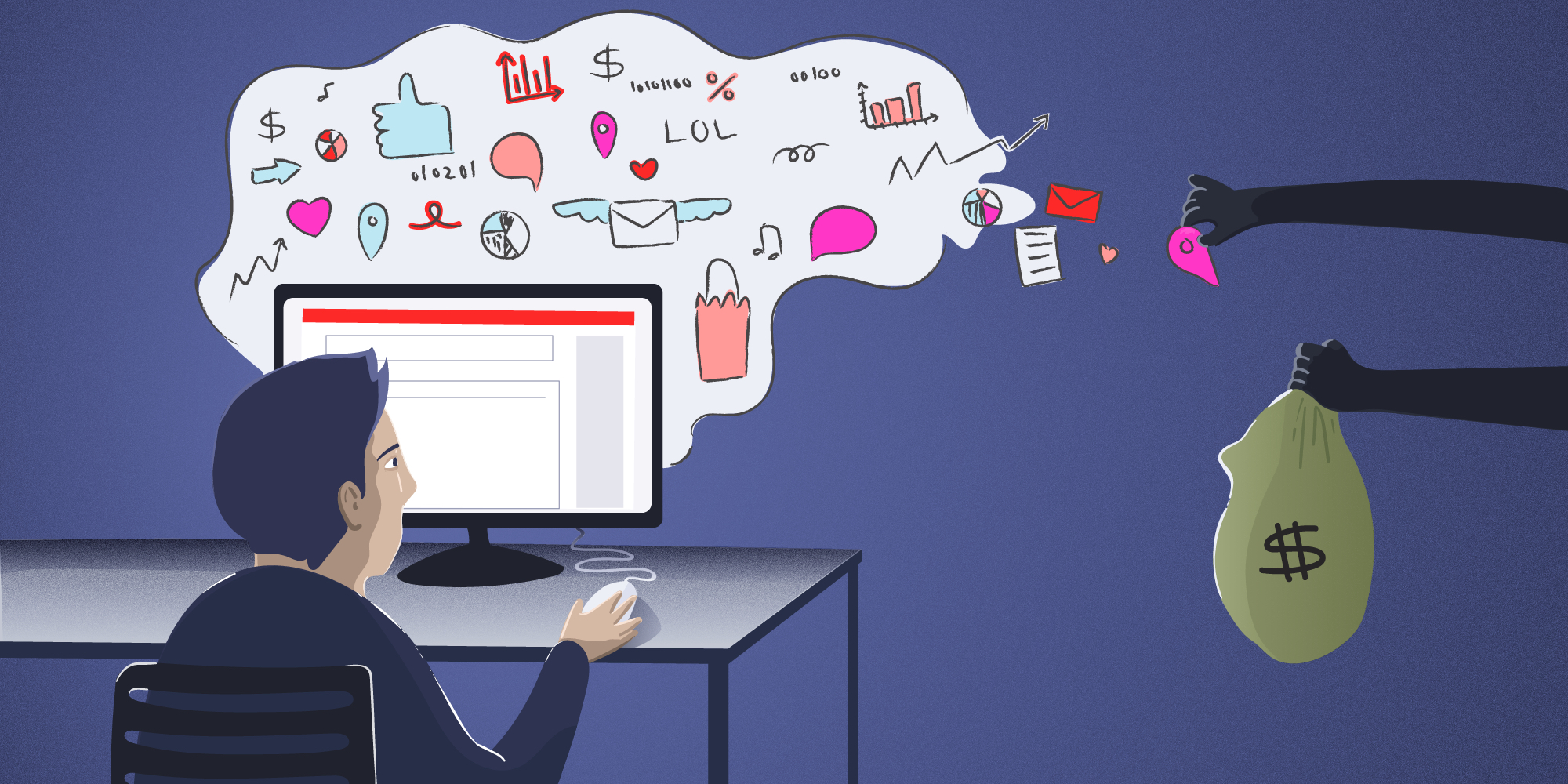In March, Congress voted to roll back legislation passed in October, which protected personal internet data from being sold by internet service providers.
This new ruling allows ISPs, like Verizon, to use your personal information, including as your online history or your location, so they can make a profit. An example of this is that they can use personal data in order to persuade advertising companies to buy ad space.
In addition, according to the New York Times, the bill permanently prevents the Federal Communications Commission from establishing new protections for consumers.
How safe will your internet activity be on campus after this ruling? The short answer is: very safe.
“There is no sale of anybody’s data. We wouldn’t consider such a thing,” said Chris Brezil, the Assistant Vice President of Information Technology Enterprise Operations.
He explained that the ruling applies only to personal internet access, and not access within enterprises, which the university is. When using the internet via a personal connection, ISPs can see exactly who you are. In larger institutions where there are many users, they can only see that there is a lot of traffic.
Also, the university does make an effort to protect users on its network.
“There are lots of student protections that we abide by,” he said.
Brezil outlined that some of these protections include the Family Educational Rights and Privacy Act. FERPA is a federal law which protects educational records for students. The New School network itself is protected by systems such as firewalls, and New School websites use SSL certificates, which encrypt data traffic between browsers and the websites themselves.
He made recommendations for students who are concerned about their privacy when using the internet outside campus. He said that it is a good idea to go online and do research for the possible risks associated with browsing.
In terms of social media, he warned that users should be cautious of what they post on these sites. Private information is often obtained through social media.
Furthermore, he stated that users should always go to websites that are “HTTPS.” These sites protect the data that is sent between the website itself and the browser by encrypting it.
“It is important for everybody to be mindful of internet safety,” Brezil said.
Header by Alex Gilbeaux







